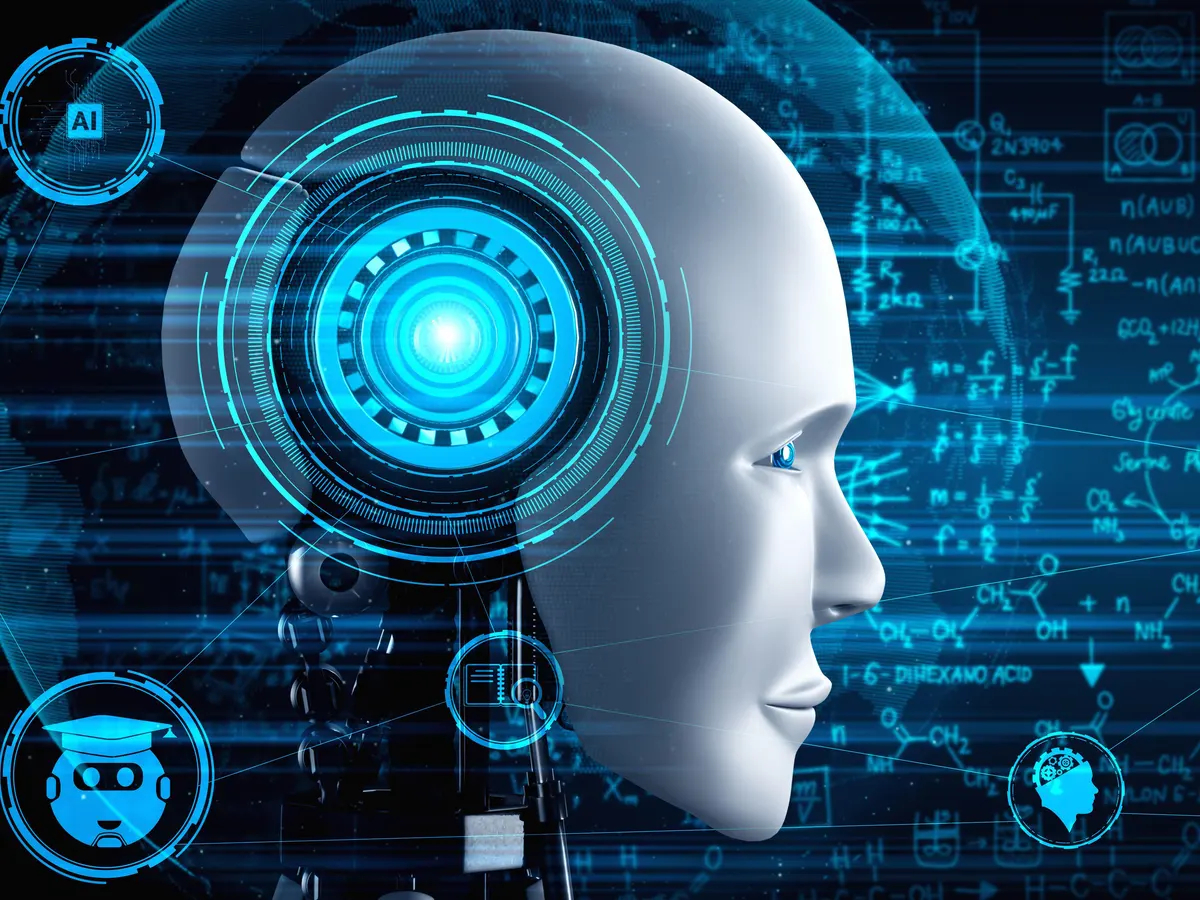Tech and where it's heading with A.I.
Maroine Elfernani • 2023-07-25
In the dynamic realm of technology, tech companies are moving forward in various directions. Notably, platforms like ChatGPT and other AI-automated websites have caught our attention, allowing users to create entire PowerPoint presentations with the request of just a few words. This modern era of technology will send us toward a future where AI will be integrated into our daily lives, from environmental initiatives and healthcare advancements to the automation of jobs. In this article, we delve into these ideas, exploring the exciting prospects that lie ahead for AI.
The Current State of AI:
AI has made remarkable progress in recent years, breaking new ground in various fields such as natural language processing, robotics, and autonomous systems. Machine learning algorithms have gotten better at recognizing patterns, making predictions, and learning from data with ever-increasing accuracy. Today, AI powers virtual assistants, recommendation systems, fraud detection tools, and much more, enhancing our day-to-day experiences.
AI and the Workforce:
As AI technologies advance, concerns about an increase in automation leading to an increase in unemployment become concerning. While automation may lead to the elimination of some jobs, it can also create new opportunities and aid in daily human tasks and capabilities. The key lies in the workforce and preparing for a future where human-AI collaboration becomes normal and integrated into the daily lives of humans.
Ethical and Social Implications:
The rise of AI also brings forth ethical and social considerations. As AI systems make more serious decisions in critical domains like healthcare and finance, ensuring fairness and accountability becomes something we need to keep an eye out for. Striking the right balance between innovation and the responsible use of AI remains a significant challenge.
AI in Healthcare:
AI has the potential to revolutionize healthcare, from disease diagnosis and drug discovery to personalized treatments. Predictive analytics and AI-driven tools enable early detection of diseases, ultimately leading to better patient outcomes and improved healthcare accessibility.
AI and Privacy:
As AI applications rely heavily on data, ensuring data privacy and security becomes critical. Stricter regulations and privacy measures must be implemented to safeguard individuals' information and prevent potential misuse of AI technologies. This is a very serious topic as people could accidentally share their information on AI platforms and have to worry about what the AI as well as the company utilizing the information is going to do with that info. Privacy and security, I feel, should be the number one priority for AI platforms.
Quantum Computing and AI:
The advent of quantum computing holds the promise of supercharging AI capabilities. Quantum AI has the potential to tackle complex problems, such as optimizing supply chains, simulating chemical reactions, and accelerating AI training processes, propelling technology to unprecedented heights.
As AI continues its advancement, the sky is the limit when talking about possibilities. The main question that arises is whether this will lead to a predominantly positive or negative outcome. It is essential to look at both sides of the spectrum. Undoubtedly, AI's impact can have two sides; however, with responsible implementation and ethical use, its positive implications are headed to outweigh the negatives significantly. Only time will tell, and we await what will happen in the future.
Thanks for reading 👍
See More Posts
Cardy
Copyright © 2021 Govest, Inc. All rights reserved.
